CULTIVATING GOOD COMPOST
With almost 20 on-screen participants, we entered the realm of thought offered to us by this gentle, generous spirit, Thich Nhat Han. His fundamental premise may take awhile for us to fully understand; and not everyone is willing to accept it, even if it is understood.
The fundamental premise of his philosophy is that we can suffer and still experience happiness. In fact, “there is no realm where there’s only happiness and there’s no suffering.”
Our challenge is to learn how to suffer well, that is to say, how to use our suffering for transformation.
This is practicing THE ART OF SUFFERING. But still we resist because we just want to be happy and forget all that suffering stuff.
QUESTION: What is the drawback of focusing exclusively on happiness?
ANSWER: “If there’s no right, then there’s no left. . . Suffering and happiness are not two separate things.”
We discussed two key words about suffering and happiness — “ORGANIC” and “TRANSITORY.” It is essential that we can see that everything in nature is impermanent . . . always changing!
Not only is everything/everyone in nature always changing, but everything/everyone is interrelated. The term that Thich Nhat Hanh uses is “INTER-BE.” We inter-be with everything/everyone!
QUESTION — What happens when unhappiness turns to utter DESPAIR? How do we overcome that?
ANSWER — “We have to learn how to embrace and cradle our own suffering and the suffering of the world, with a lot of tenderness.”
Being human, we will all experience those “dark nights of the soul” when we are stuck in the mud with no hope in sight. That is despair.
We are encouraged in this philosophy not to run from that despair, although we have plenty of ways we can run away – eating, drinking, shopping, entertainment, etc. {He delves more into these “consumptions” in chapter 2, the reading for this week.} If we run away from our despair, it will lodge somewhere in our physical body. Whether we are conscious or unconscious of the causes of that despair, the tension and stress will find a place in our muscles, bones, cells, etc.
If we run away from our despair, it will return. Better, then, to be with it for a while. What Thich Nhat Hanh instructs us to do is to ‘cradle it’ and talk to it. Eventually you will gain insight about its origin, which then leads to wisdom, and from there will emerge compassion. Suffering will lessen.
QUESTION: What are the Four Noble Truths that undergird Buddhist philosophy?
ANSWER: (1) there is suffering; (2) there is a course of action that generates suffering; (3) suffering ceases; and (4) there is a course of action leading to the cessation of suffering.
There is an ancient known path forward, if you are willing to practice the teaching. The answer to suffering less is called MINDFULNESS. It focuses on the breath. Last week’s group session introduced two sets of breathing exercises (see p. 85). This is not a difficult practice. The hardest part may be getting past your resistance!
Again, you are encouraged to do these mindful breathing exercises and to write in your journal. As one of our wise participants said, her suffering has created a lot of rich compost for her life. Yes, our daily practice will ensure we are cultivating good compost for a fertile crop.
Meditation and Journaling will continue to be encouraged throughout these sessions. All active participants have been invited to enroll in a free introductory Writing Workshop offered by Dawn James.

